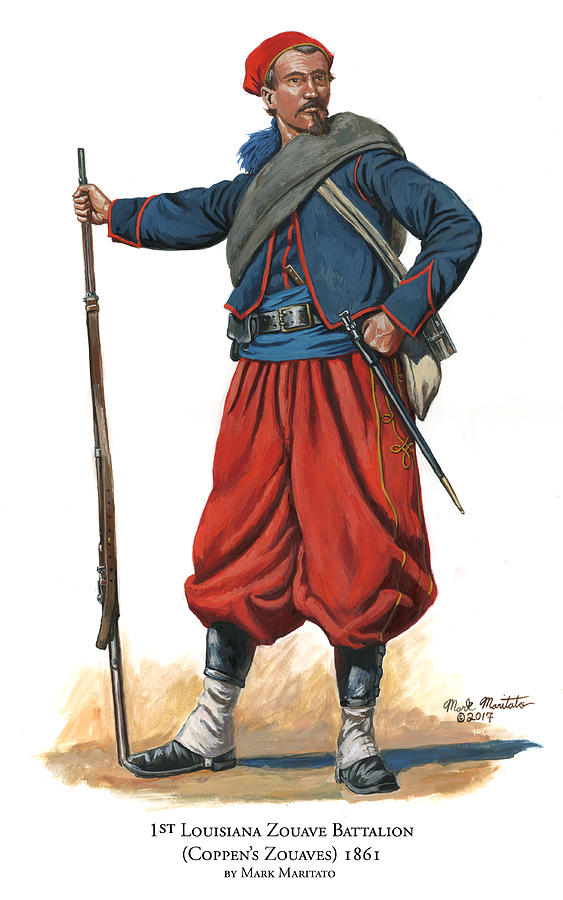 |
| Easy to design in various ways |
You just need a few good ideas, and he structure helps you make the rest. The same is not true, say, for fighter-types. I've seen several variations on the Barbarian, and none of the rage substitutes or redos have spoken to me. The many kinds of Fighters have produced some great content, but the amount of good ideas needed to make one is much higher. The Zouave is excellent, but none of it (except maybe the extra attacks) comes from a common structure shared by fighter classes. It needs to be flavored and built from the ground.
 |
| Not easy to design |
In warfare, it is the cheapest weapons which make it to the front line, not the most effective. Likewise in blogging, it is the most modular and simplest ideas which get riffed on, varied and experimented with. Eventually, everyone makes a GLOG Wizard just to say they've done it. I did it, and it was one of my first posts to get good traction. But how many people try their hands at making fighters, barbarians and knights? Besides the Zouave and Ten of Swords, none come to mind. And I can't think of any reinterpretations of the thief or specialist.
It's the forms that are easiest to tweak and work with that end up proliferating. That's what I'm trying to do with the Shrines system; a structure that guides you through the creation of a cult/shrine, propelled with just a few good ideas. The structure does the rest.
Even so, I sense that there are fewer GLOG classes published today than before, even as recently as last year. Is it because the community has largely settled on a set of canon classes? Is it all in my imagination? A quick perusal of the Discord blogroll seems to support this. There are some archivers and indexers in the community who could answer the question properly.
Structures such as the GLOG Wizard, promote the creation of new content by lowering the barrier to creativity. Additionally, the common structure makes that content easy to spread and convert to other systems, instead of learning each individual blogger's idiosyncratic class system.
So to tie this rambling post to a close, a general principle: assuming that the common goal of the blogosphere is to create content, the best way to do that is not just to create content, but to create structures for content which lower the barrier to creativity, in order to create more content.
Does that make sense? I think it makes sense. Further questions for discussion include, 'What is the role of high-concept blog posts about the nature of content creation in the act of content creation?'
Aaaaand publish
I'm completely in support of the notion of giving structure and tools for creativity! Just wanted to tell you that you hit (my) gold here ;)
ReplyDeleteI do think that the production of GLOG classes has slowed, simply because most of the ideas have been done already. Now, instead of going "hmm i want a teleport wizard, i will make one" you search for one, and unless you don't like it, you use that one. Niche forms of the GLOG (such as non-fantasy settings) will probably be more active when it comes to classes for a while.
ReplyDeleteAlso, on a completely different, unrelated point, I'm not sure how you would create a base structure for Fighters. The reason you have one for Wizards is because they're full of slots (Cantrips, Spells, Mishaps) you fill in - but what slots would you have for fighters?
a) I think the idea that there are fewer GLOG classes than normal is just... wrong. Maybe not the glut of the early days, but the number of unique hacks coming out hasn't really abated
ReplyDeleteb) I feel that the wizard class structure struck a chord because everyone knows what fighters and knights and barbarians do - they hit things with weapons. And hitting things with weapons makes intrinsic sense. But wizards do *magic*, which is vague and doesn't have the same kind of tractability. So dividing wizards into classes, say "this type of wizard does Garden Magic", means that the reader can latch onto the more concrete idea of "Garden Magic" than the overwhelmingly abstract "Magic". Creating subdivisions of wizards always the wizard to make more sense, while variations of fighting classes require the new content to move *away* from that common core, towards weirder and stranger ideas. Not a bad thing, but it doesn't catch the attention the same way.
c) I did a thing with Fighters and Mages. Fighters have slots based on when they get extra attacks, while Specialists/Thieves etc. are split into little bonus templates: https://slightadjustments.blogspot.com/2020/11/owlbear-stew.html